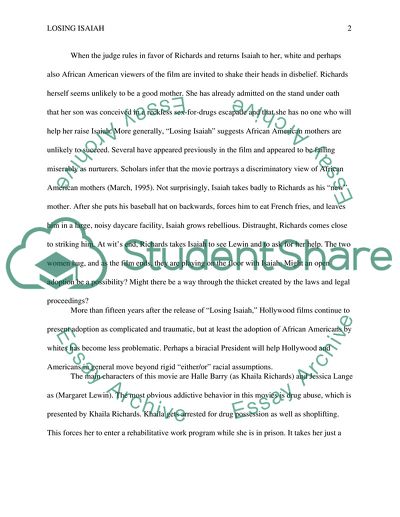Cite this document
(Psychology of Adoption and Family Interactions in Movies: Losing Essay - 4, n.d.)
Psychology of Adoption and Family Interactions in Movies: Losing Essay - 4. Retrieved from https://studentshare.org/psychology/1819608-final-project
Psychology of Adoption and Family Interactions in Movies: Losing Essay - 4. Retrieved from https://studentshare.org/psychology/1819608-final-project
(Psychology of Adoption and Family Interactions in Movies: Losing Essay - 4)
Psychology of Adoption and Family Interactions in Movies: Losing Essay - 4. https://studentshare.org/psychology/1819608-final-project.
Psychology of Adoption and Family Interactions in Movies: Losing Essay - 4. https://studentshare.org/psychology/1819608-final-project.
“Psychology of Adoption and Family Interactions in Movies: Losing Essay - 4”, n.d. https://studentshare.org/psychology/1819608-final-project.


